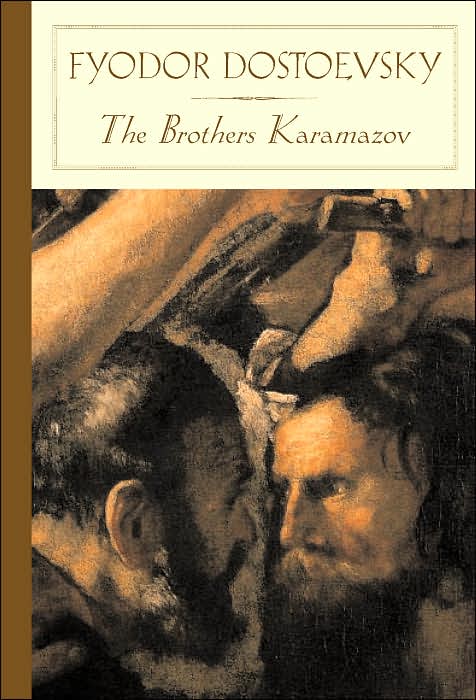
John 6: 48-58
(I preached this sermon on my last Sunday at the United Methodist Church that I have served over the past 6 years. It is a wonderful communion of saints and is a shining example of what can happen with Methodism goes right. It has been my honor and distinct privilege to serve them as their pastor.)
I should have known that Jesus would be causing trouble on our last Sunday together. I went to the lectionary this week hoping to find some nicely appointed verses, maybe Jesus telling us to do something noble with our lives, like go and make disciples… “and lo, I am with you always.” No such luck. I would have settled for Jesus telling us one of his softer stories, like the one about a father who waits for his wayward son to return to him, or the shepherd who leaves the 99 sheep to find the lost one… “such is the kingdom of God.” Not today. Instead of Jesus calling all people to him for our last Sunday together, we get Jesus being difficult to the point of running people off. That’s the thing about life with Jesus, you never know what you’re going to get.
Like the 6th chapter of John. Within this chapter alone, we find Jesus meeting people’s needs, by feeding the 5000 with 5 loaves of bread and 2 fish (after which they want to make him King) and then practically in the next verse he says things like, “if you want to live, you have to eat my flesh and drink my blood.” Which, inevitably, and understandably, sends people scattering, scratching their heads and saying to themselves “maybe he isn’t the son of God, after all.” One moment he is there, feeding the people exactly what they want, the next he seems to be intentionally off-putting, difficult, cantankerous. One moment life with Jesus is wonderful and grace-filled, everything is just how we like it, there is no doubt that the kingdom of God is at hand, and the next it is all we can do to hang in there, muttering to ourselves, “well, maybe this isn’t it, after all.” That’s life with Jesus, you just never know what you’re going to get.
Which is partly what makes Jesus so frustratingly divine. Jesus seems to insist on continuing God’s longstanding tradition of keeping his followers on their feet. God has this way of never letting God’s people fully settle down or get fully comfortable. God seems to delight in keeping God’s people guessing. Throughout the Old Testament, we get a picture of a God who seems determined to make for himself almost a nomadic people; people who are comfortable moving, changing, following. Whether it is God telling Noah to build an Ark, calling Abram to leave his people and his land and go to a place where God will show him, or using Moses to call Israel out of Egypt and to wander in the desert for 40 years, God has a pattern of calling God’s people to leave everything behind, until all they have is God.
Which is really the point. The God of Israel refuses to be second in their lives to anything. “Hear, O Israel, the Lord your God is a jealous God,” says the prophet Joshua. Through exile, or through famine, or perhaps worst of all, through a time of spiritual drought God keeps Israel moving, traveling, following. Just when they get comfortable and everything seems to be going the way they want it, everything changes and God is calling Israel to follow all over again.
You can’t really blame God. God knows that we people have a tendency to get comfortable. And when we get comfortable, we can’t help but build idols, shrines to familiarity. God has seen it a hundred times, in the Garden, in Egypt, even in the Temple itself, God watched Israel slip into comfortable living and start finding life in familiar surroundings rather than in their familiarity with God. God knows that we are apt to make the familiar our god rather than work to become familiar with God. The difference is subtle, but it’s a matter of life and death.
Like the difference between manna and living bread, Jesus says. The crowds were clamoring after him to give them more bread, to feed them another meal like the one they had the day before. “Give us some more of that familiar bread that sustained us yesterday,” they call to him. “Your ancestors ate manna in the wilderness and they died.” he answered. That’s the problem with manna; it goes bad. Don’t get me wrong, manna is good for a time, but eventually, it just doesn’t sustain, it doesn’t last. Remember the story of the Israelites and the manna, they gathered it fresh every day, but what was left over quickly rotted, molded, became maggot infested. It is enticing, because it is predictable, stable, static. Manna is the same day in and day out, but it just doesn’t last.
“I am here to offer you living bread,” says Jesus. “This living bread, well, it’s me. It is my flesh, my blood.” It’s not really what the people wanted to hear. They wanted what they knew, what was familiar. They wanted more bread like they had had before. Christ, participating in the divine activity of refusing to be second to anything, even to his own works, offers them nothing but himself. The only thing that gives life, that is able to sustain and nourish, the only thing that is continually good, never old or moldy, never moth-ridden or maggot eaten, like all other bread can be, the only living bread is abiding with ever moving, life-giving Christ. All those other things that have fed you in the past, like a particular style of worship, or a particular Bible Study, or even a particular pastor, they are just manna; means of God providing for the day at hand. Living bread, however, is abiding with God, so intimately that he becomes for us our sustenance. So intimately that it is difficult to tell where God’s life stops and ours begins. Abiding with God so intimately that we are of one substance, essence with God, like the bread we eat, or the wine we drink. Life with Jesus Christ the living bread is anything but static, anything but predictable, anything but monotonous because Christ is continually calling us to leave all manna that we have fed on in the past behind and feast anew with him. That’s life with Jesus, you never can settle in for the same old familiar meal because Jesus is Living Bread. With Living Bread, you just never know what you’re going to get.
Of course, I don’t have to tell you people that. The life of this church has been anything but predictable. We have had many meals together, some joyous and wonderful, some we have had to choke down with tears. From the donation of the land, to the gifts that have been given to build the building and build the ministries, to the overwhelming growth, to all of the transitions of the last year and a half, nothing has been predictable.
Well, that’s not quite true. One thing has been constant, almost, even dare I say, predictable. No matter what we have been going through, no matter the season in which we have found ourselves gathered around the table, Christ the living bread has been present, feeing us with his very self in whatever way we needed. It hasn’t always been the same feast, but then again, Living Bread never is. Living Bread has this way of changing, moving, breathing so that it is able to meet us where we are. No manna, be that manna a certain style preference, or a certain building, or even a certain pastor, can do that. Chirst, the Living Bread is here at Christ Church, continually offering his very self so that we might have life. Christ the Living Bread is here, all who eat of his flesh and drink of his blood will have eternal life. Let us keep the feast.






